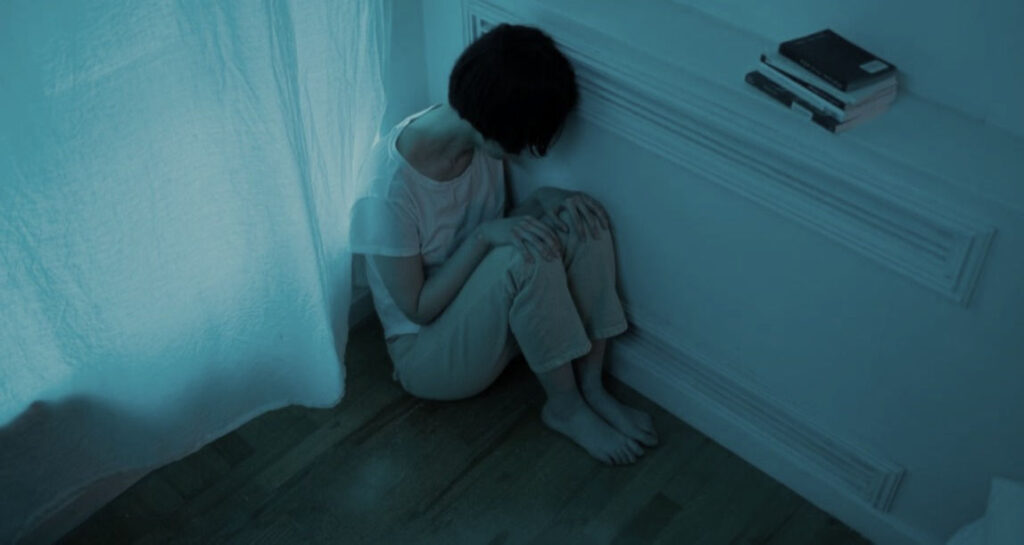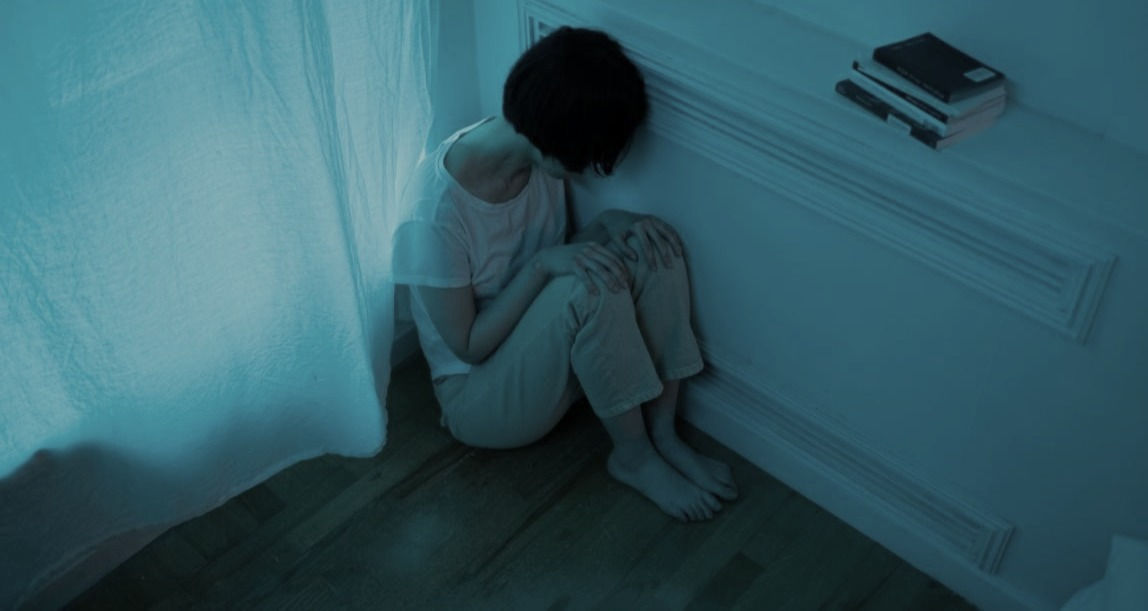The Mental Health Impact of Hate Crimes
The MIND 24-7 Team | November 29, 2022
Written by Ashley Colleen McIntyre, exclusive for MIND24-7.com
Crimes motivated by discrimination and hate are a cruel reality in America. Unfortunately, they have only risen in the past several years. In 2020, the FBI recorded the highest number of hate crimes in 12 years. More than 10,000 people reported to law enforcement that they were survivors of hate crimes. A Maryville University explanation of this type of crime notes that it is defined as a hate-motivated attack targeting a particular race, ethnicity, gender, or sexual orientation. Indeed, in 2020, 61.8% of survivors were targeted due to bias against race or ethnicity, 20% due to sexual orientation, and 13.3% due to religion.

While hate crimes vary in severity, survivors are vulnerable to negative mental health impacts. It may alter how they process or approach the world and result in behavioral changes. Here’s what you need to know.
How hate crimes impact mental health
Greater risk of psychological conditions
Individuals who have experienced hate crimes, either firsthand or secondhand, are especially vulnerable to worsening psychological conditions. This may include a higher likelihood of developing anxiety, depression, and even post-traumatic stress disorder (PTSD).
A big reason for this is the residual fear left in the wake of suffering or witnessing these hate crimes. A study from the University of San Francisco found that fear of discriminatory violence on college campuses is greater among students belonging to minority groups. Significantly, this fear was also associated with increased mental health conditions. A 10% increase in fear of hate crimes was associated with a 12% increase in anxiety and a 9% increase in depression.
These psychological impacts may influence how a person feels about the world, causing them to feel vulnerable or unsafe. They may also become warier of anyone who is part of their offender’s group.
Changes in behavior
Individuals suffering from mental health issues due to hate crimes are more likely to cope with unhealthy behaviors. Socially, they may become more emotionally repressed or unwilling to express their thoughts and feelings. They may also be more prone to unhealthy habits, like trouble sleeping and eating or substance abuse. This often results from difficulty processing traumatic experiences and not knowing how to deal with them. Most alarming, perhaps, is the increased likelihood of suicides. This risk is most pronounced among gender and sexual minorities, who are often victims of bullying, abuse, and stigmatization. To emphasize the seriousness of this issue, US News reports that implementing hate crime laws that protect the LGBTQ community resulted in a drop in youth suicide attempts. Legitimizing their suffering by enacting protective measures for their rights led to a 16% lower rate of suicide attempts among teenagers alone. This shows that enacting legal protection for minorities can impact the psychological toll of hate crimes.
How to help survivors of hate crimes
Not everyone processes their trauma the same way. So when helping someone in the aftermath of a hate crime, understand that there is no “correct” way to process or grieve. If someone doesn’t want to speak about their experiences, respect their wishes and give them the space they need.
However, it’s necessary to be vigilant of inconsistencies or changes in a person’s behavior. Our article ‘National Suicide Prevention Month’ lists warning signs to be on the lookout that should cause alarm. These include changes in mood, alcohol or drug use, or high-risk behaviors. You may need to step in and refer the survivor to a psychiatrist when these behaviors occur.
Regardless of how someone is coping, reassure them that they are supported and make them feel safe. Small gestures like joining them in silence or accompanying them when they are in transit or are doing errands can go a long way.
Hate crimes are a systemic issue that requires structural changes. By educating yourself about discrimination and understanding what you can do, you can do your part in fighting against these injustices.
Written exclusively for mind24-7.com
by Ashley Colleen McIntyre

